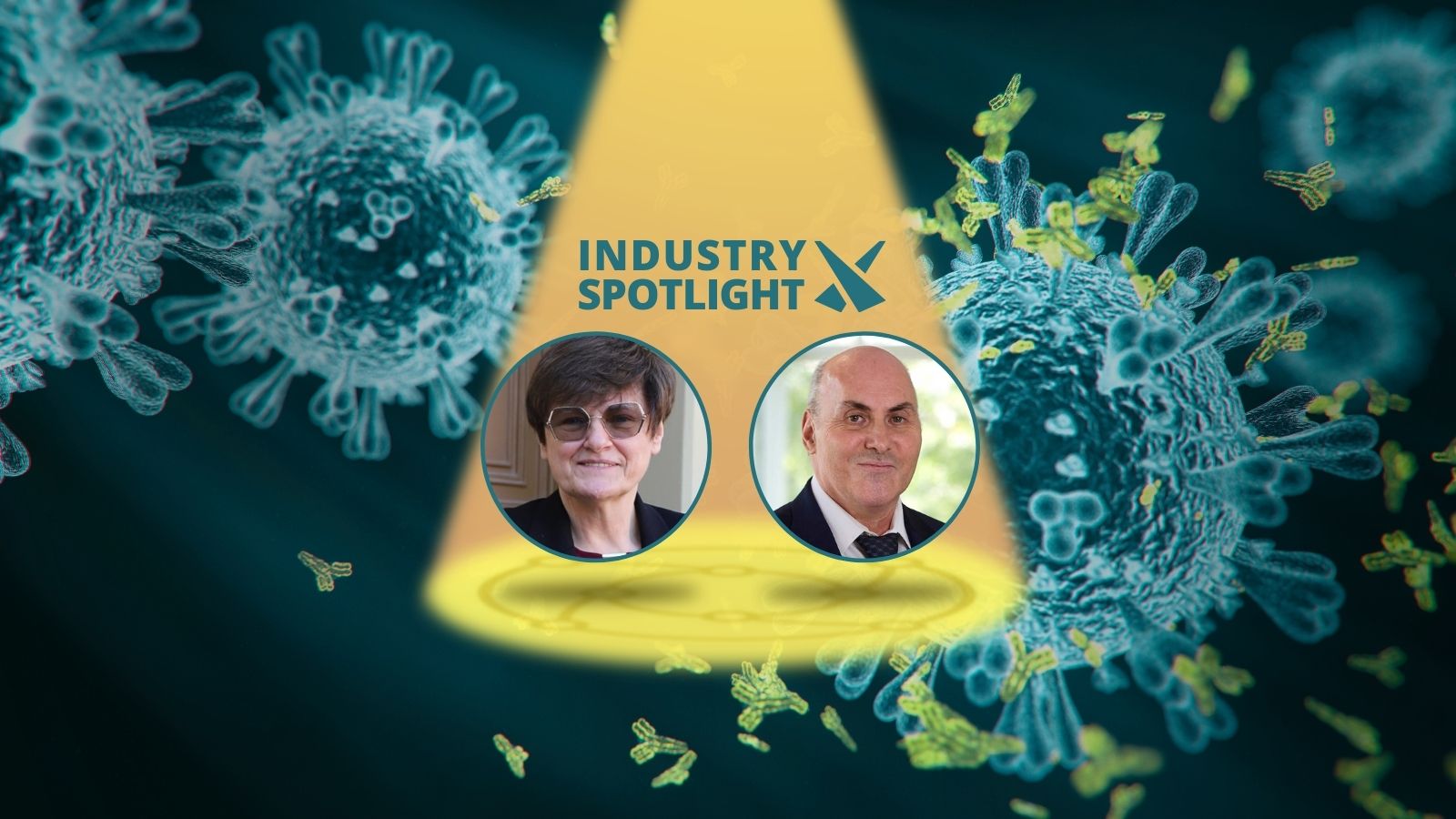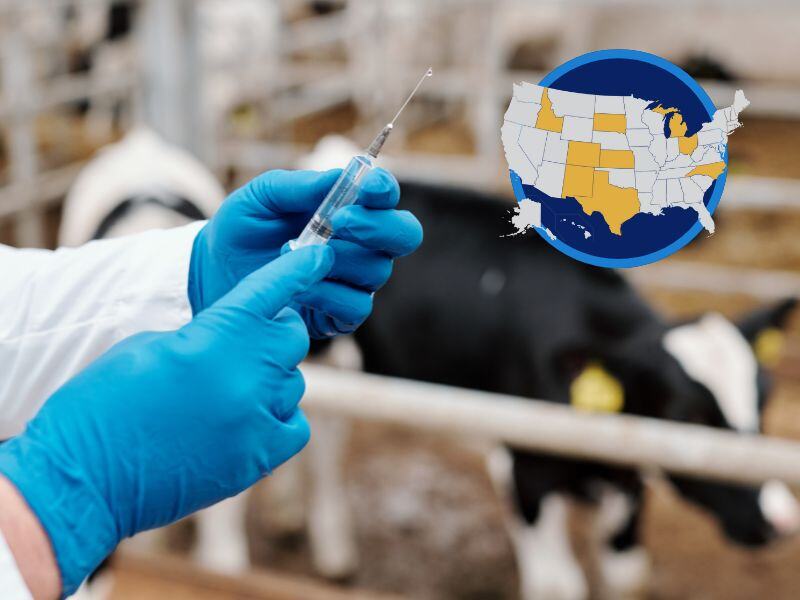Pioneers of COVID-19 mRNA Vaccine Win Nobel Prize

Katalin Karikó and Drew Weissman, two professors who were instrumental in developing the COVID-19 mRNA vaccine, have been awarded the 2023 Nobel Prize in Physiology or Medicine.
Discoveries made by the two laureates were critical for developing effective messenger RNA (mRNA) vaccines against COVID-19 during the pandemic, and their findings fundamentally altered the scientific community’s understanding of how mRNA interacts with the body’s immune system.
Karikó and Weissman share the 11m Swedish kronor (£823,000) prize, which was announced on Monday October 2nd 2023 by the Stockholm-based Royal Swedish Academy of Sciences.
- Personalised cancer vaccines offer tailored immunotherapy
- How will commercialisation affect the US price of COVID-19 vaccines?
- Looking at the future of vaccine development in the EU
The two researchers met at the University of Pennsylvania in the United States in the early 1990s: then, mRNA vaccines were considered to be unproven compared to traditional vaccine approaches.
Unlike traditional vaccines, which are based on weakened or dead versions of the original pathogen, mRNA vaccines contain the genetic instructions for reconstructing a viral protein.
When this is delivered into the body, the protein profilerates – the immune system recognises it as a threat and activates its immune response, preparing the patient for an encounter with the virus itself.
The Legacy of the COVID-19 mRNA Vaccine
Up until the pandemic, the technology was experimental, but has since been administered to millions of people around the world to protect them against serious infection from COVID-19.
Now, researchers are looking into potential future applications of mRNA vaccines for treating other diseases, including pancreatic cancer and cardiovascular disease.
The Nobel Prize committee said: "The laureates contributed to the unprecedented rate of vaccine development during one of the greatest threats to human health in modern times."
Karikó, now an Adjunct Professor at University of Pennsylvania but with affiliations to the University of Szeged in Hungary, was said to be overwhelmed after receiving the news by phone.
A previous Nobel Prize winner, Giorgio Parisi, said in a Guardian interview in June that there was a lack of trust in science, “with people denying Covid, or the need for vaccinations, or climate change”.
The importance of these awards lies in validating the incredible work and efforts of those involved in undertaking life-saving or life-improving research on projects such as the COVID-19 vaccine, which have the potential to fundamentally alter health and real-world outcomes for millions of people.
At Oxford Global, we keep a close eye on milestones within the life sciences field, and we’re delighted to see this huge achievement recognised accordingly.
As a company, we would like to congratulate these two pioneers for winning the 2023 Nobel Prize.
Get your weekly dose of industry news and announcements here, or head over to our Biologics portal to catch up with the latest advances in targeted therapies. To learn more about our upcoming Biologics UK conference, visit our event website to download an agenda and register your interest.








